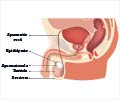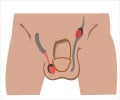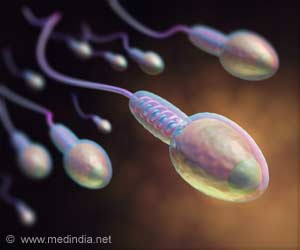Functional sperm cells have been developed from primate stem cells for the first time, which offers hope for future infertility treatments.

‘Functional sperm cells have been developed from primate stem cells for the first time, which offers hope for future infertility treatments.
’





Stem cells for Sperm Production These sperm cells were found to be capable of fertilizing a rhesus macaque egg. Although studies have proven the ability of mouse stem cells to produce sperm-like cells, this study demonstrates a much clear view of the working potential of the technology in humans.
“This is a major breakthrough towards producing stem cell-based therapies to treat male infertility in cases where the men do not produce any viable sperm cells. This is the first step that shows this technology is potentially translatable. We’re using a species that's more relevant to us, and we're having success in making healthy embryos,” says lead researcher Charles Easley, an associate professor in UGA’s College of Public Health.
The team further plans to implant these embryos into a surrogate rhesus macaque to examine whether these embryos from in vitro spermatids can produce a healthy baby.
Upon the success rate of this, further exploration of macaque skin cells in producing spermatid-like cells may be explored. The study provides a breakthrough in the treatment strategies and perspective of infertility treatments.
Source-Medindia















